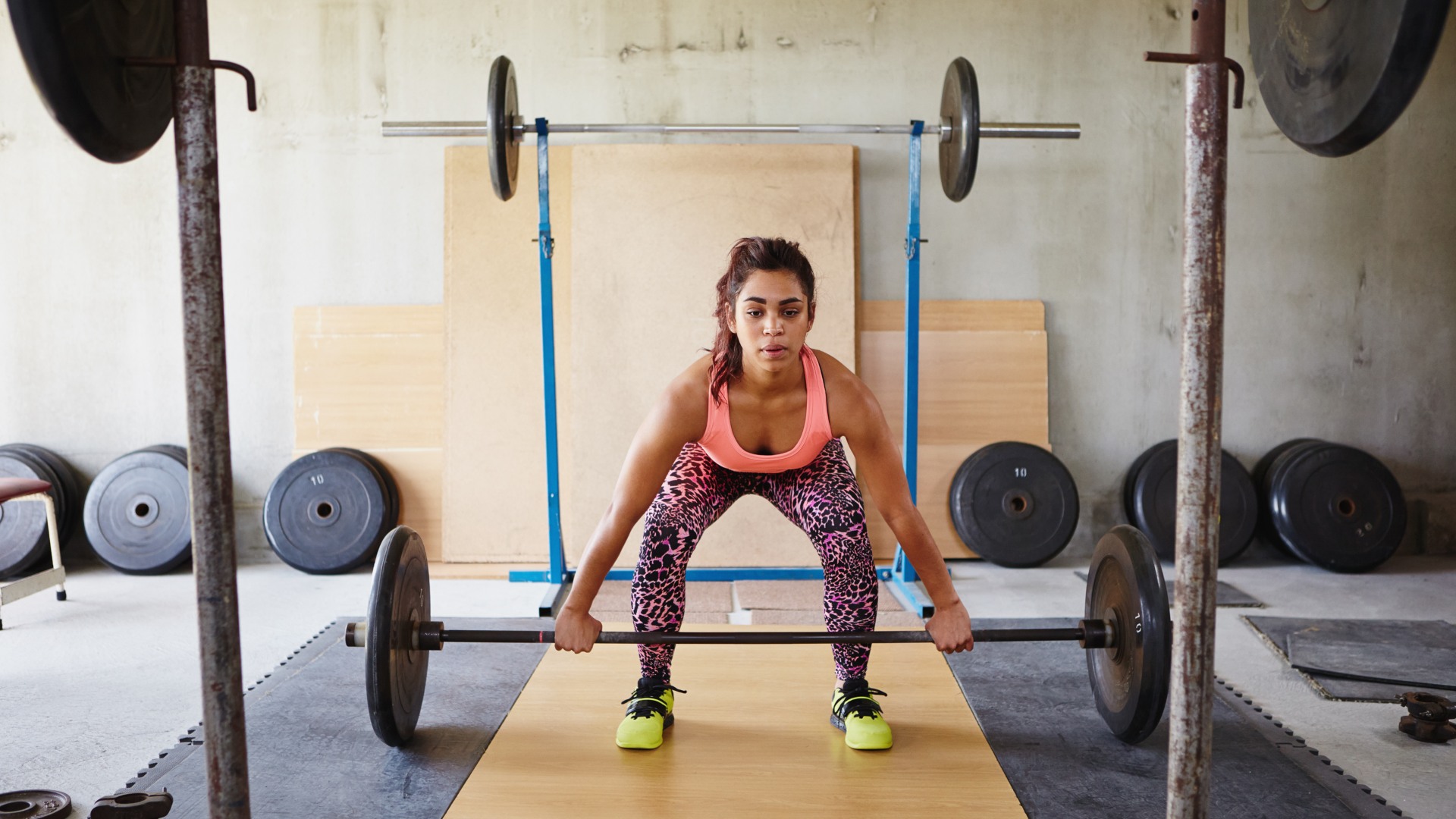7 Things That Happen to Your Body When You Lift Weights

Lifting weight is an efficient way to improve overall performance: it can help make you run faster, jump higher, allow you to swing your racket or bat faster, throw faster, and kick harder.
How does lifting weights improve overall performance?
- Your brain works better: The area of your brain responsible for controlling movement gets bigger by increasing its activity and using a greater number of pathways. You actually are able to move smarter.
- Your nerves fire faster: More nerves that tell your muscles to fire are activated, and they respond faster, and synchronize their firing better, allowing you to lift heavier. The nerves that are stimulated improve their signaling power by improving the density of coverage at the interface with the muscle, allowing more chemical transmitters to send impulses. This makes reaction time quicker and allows more force to be created.
- Your muscles get stronger: Muscles get bigger by packing in contractile proteins, which increases the cross-sectional area of each muscle cell from the inside out. (Be patient! This takes time.)
- Your muscles take longer to fatigue: Fast-twitch muscle fibers improve their metabolism, which means your strength and power fibers use fuel more efficiently and are more resistant to fatigue. You need to lift at least twice a week for this, but this can happen in as little as two weeks.
- Your muscle metabolism improves: The metabolism of your muscles gets better, allowing improved buffering of pH, resulting in delayed fatigue and greater muscular endurance. Interval training helps this.
- Your bones get stronger: Your bones get thicker and stronger as bone density improves. Multiple joint exercises are better for this because they require the use of active body stabilization rather than equipment for stability — get off those machines!
- Your tendons and ligaments get stronger: Tendons and ligaments get stronger and more resistant to injury. Stronger muscles create more force on tendons and ligaments, which in turn stimulates them to become stronger and able to withstand more tension.
Remember, gains are training-specific, and we’re talking about resistance exercise here, not aerobic exercise. Heavy lifting leads to improved max strength, whereas power training leads to improved ability to produce force at faster speeds.
A word of warning: you can have too much of a good thing. Overtraining is real and can lead to fatigue, illness, or injury, as well as decreased performance (coordination, power, and metabolism) and decreased personal satisfaction from training.